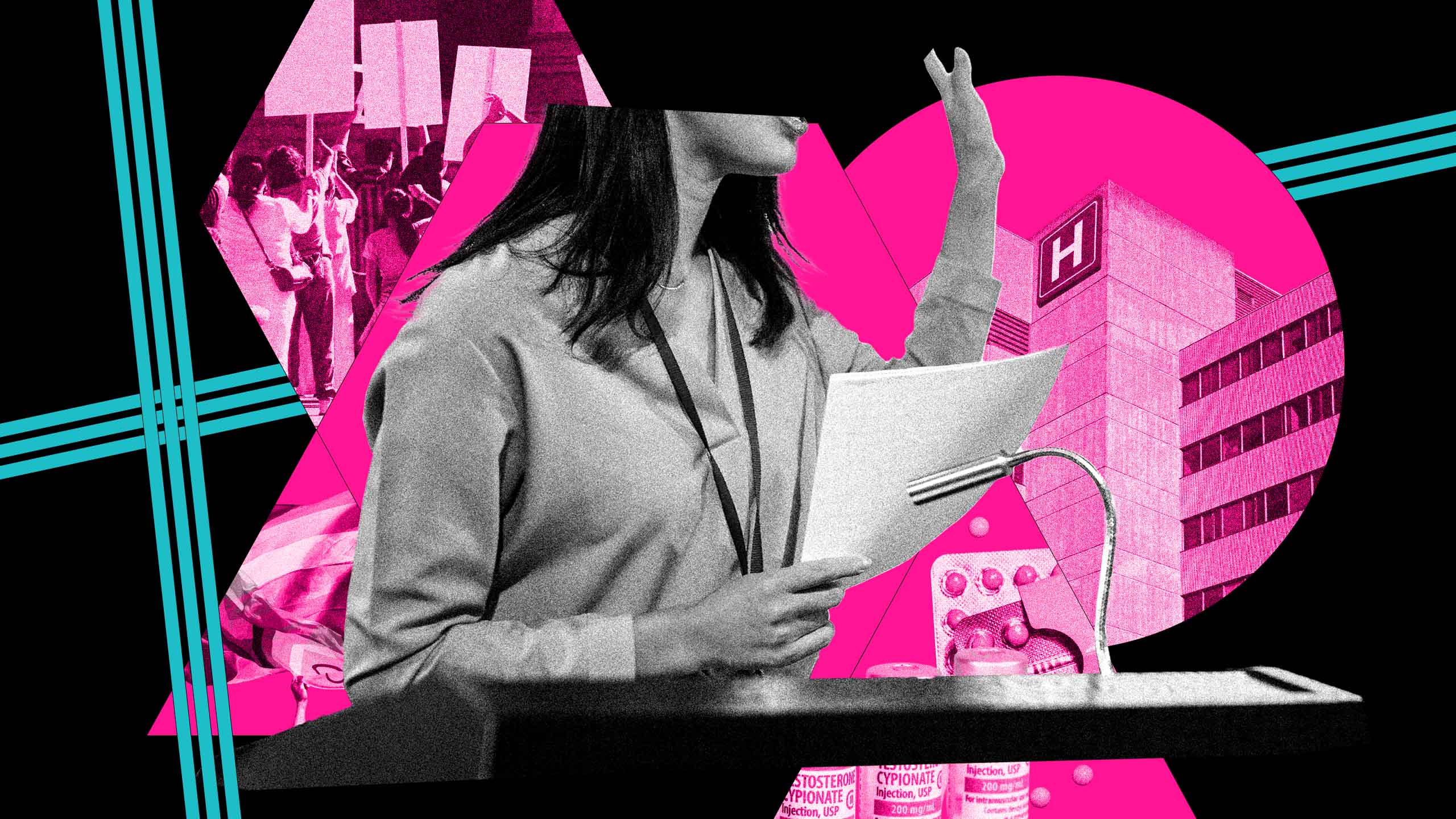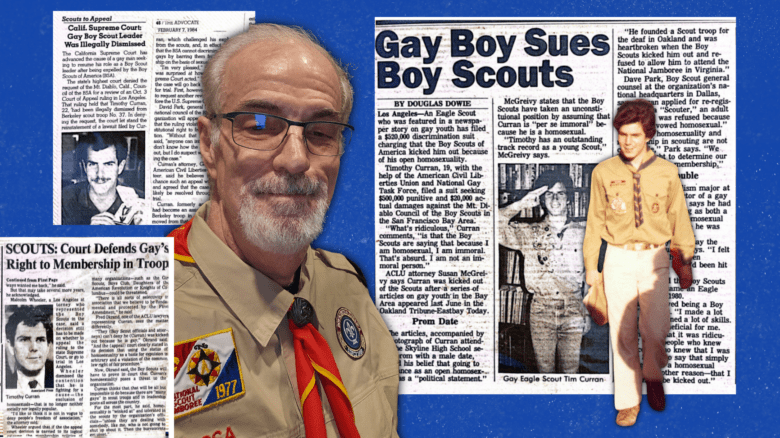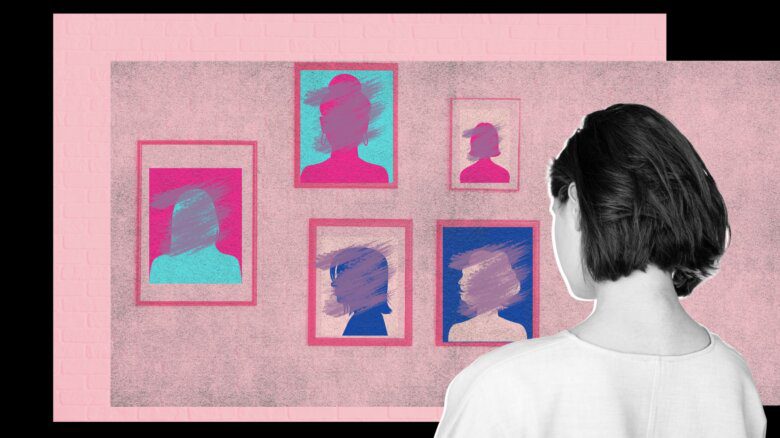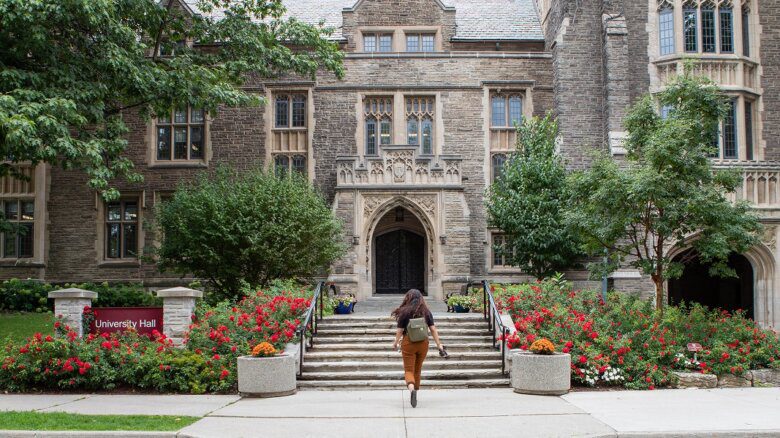At the end of last year, I presented a keynote speech for the University of Toronto’s annual memorial of the December 6 Montreal Massacre, which commemorates the 1989 murder of 14 women students at the École Polytechnique de Montréal. The content of my speech focused on making connections between the 1989 atrocity and the allegedly transphobia-motivated stabbings that occurred at the University of Waterloo in 2023. It also explored the importance of developing empathy for those with different perspectives and life experiences in a pluralistic society—even people with whom we politically disagree.
Despite the conciliatory nature of my presentation, and despite the fact that I had been invited by a committee of organizers who were largely women themselves, the reaction from the so-called gender critical faction of the internet—who did not want a trans woman speaking at such an event—was vociferous and swift. A flood of online commenters, primarily on X (the platform formerly known as Twitter), launched a furious campaign in protest of my speech that spanned several hundred posts, many of them decrying my intentions, physical appearance and mental health.
In a few cases, commenters seemed to imply that I ought to kill myself or that they wished I would be killed. An online “gender critical” magazine published an article criticizing the event, including photographs pulled from my Instagram account from two years prior. I was not contacted for comment, and I can’t help but imagine that this was part of the overall intention: I was not wanted for comment because the gender critical movement would prefer that I not speak at all.
I can’t say I’m surprised by the fact that my appearance at U of T was protested, and while I don’t love being lambasted on the internet by strangers, one does have to expect this sort of thing to a certain extent as a writer or public speaker. Trans public figures in particular have been targeted for years by highly organized groups of anti-trans activists—from those who self-brand as “gender critical” to the out-and-out transphobic.
Somewhat ironically, the “gender critical” movement overall has often intentionally associated itself with the defence of free speech, arguing that trans people who protest the expression of transphobic views are engaging in witch hunts and intimidation. Yet the movement’s defence of civil discourse apparently does not extend to trans people themselves, only their critics.
The extent to which the political norms around freedom of expression have become incoherent and subject to double standards in ways that seriously endanger queer and trans communities—as well as vulnerable populations in general—is frustrating, and deeply concerning.
Free speech, free expression and their reasonable limits are contentious topics at the best of times, but the illiteracy and hypocrisy of the contemporary “debate” around them is crazy-making.
Sometimes that debate has come from within queer and trans communities themselves. Historically, various forms of censorship have been central to the ways that homophobia and transphobia are enforced in the public sphere, from obscenity laws banning the proliferation of queer literature to cross-dressing bans used to target drag queens and trans people. As a result, the struggle for queer and trans liberation is deeply intertwined with the right to free expression—for many decades, queer and trans rights activists have pushed the limits of what is considered acceptable public expression to make space for our very existence.
But that doesn’t mean that we’re of a single mind when it comes to free expression: in recent years, social and political norms among some LGBTQ2S+ folks seem to have shifted significantly when it comes to free expression, centring instead the value of psychological safety and the freedom to not encounter ideas or behaviours that one finds emotionally triggering.
How can we hold ethical consistency around free expression, rather than defaulting to “free expression only for people and ideas we like”?
This divide among queer and trans people can perhaps be observed most distinctly in the now annually recurring “kink at Pride discourse,” which can be summarized as the struggle between those who believe that explicit expressions of sexuality (and especially BDSM) at Pride events are inappropriate and potentially harmful, and those who believe that open sexuality is essential to maintaining the values and spirit of Pride as a historic protest.
Such intra-community debates raise fundamental questions about the role of free expression as a value in queer liberation movements: What is a stance on free expression that truly serves the best interests of queer and trans people as a complex community with diverse needs and perspectives? How can we defend the principle of free expression without compromising the principles of safety and human dignity for all? How can we hold ethical consistency around free expression amongst ourselves, rather than defaulting to “free expression only for people and ideas we like”? So long as we keep undermining freedom of speech among ourselves, we will never be able to defend ourselves from homophobic and transphobic censorship.
The need for queer and trans movements to reclaim a leadership role in the conversation on free expression is becoming increasingly urgent in large part due the fact that both “free speech” rhetoric and censorship have been weaponized against us to alarming effect in recent years. For example, conservative and “gender critical” media darling Jordan Peterson first rose to fame in 2016 largely as the result of his viral YouTube commentary that Canadian legislation protecting diverse gender identities was the equivalent of legislating “compelled speech” and thus a massive threat to freedom of expression for the general populace.
Since then, many other prominent “gender critical” figures have positioned themselves as champions of free speech, including trans-exclusionary radical feminists Meghan Murphy and Kathleen Stock and comedian-turned-anti-trans-activist Graham Linehan. Such individuals tend to portray themselves as heroically standing up to hordes of hysterical, malicious trans activists intent on bringing about the downfall of civilization, starting with women’s sports. Peterson, Murphy and Linehan have all also spoken out against “cancel culture,” which might be described as the punitive social shaming of individuals for controversial opinions or behaviour, but their media histories indicate that they are apparently comfortable with the public denunciation of trans people they’ve never met.
Worryingly, anti-trans and homophobic social movements have gained increasing dominance in the public sphere, and a common talking point of such movements is that they are on the side of free speech—which, perhaps because queer and trans people themselves are divided on the issue, our communities have struggled to effectively address.
Yet even as we are being outflanked on freedom of expression, the transphobic lobby has also successfully escalated the use of censorship to intimidate queer people and to limit our participation in the public sphere. Last year, bills banning or restricting drag performances swept across the United States. Meanwhile in Canada, multiple Drag Queen Story Hour events were targeted and even shut down by anti-trans protestors. Book bans continue in both countries. The double standard is clear: when queer and trans people protest speech that hurts us, we are silencing dissent, Orwellian-style. But when the “gender critical” protest our speech (or merely our public existence), they are bravely protecting society.
“In order to effectively debunk queerphobic ideas, we need to encourage challenging conversations instead of shutting them down.”
The whole debate is tangled and confusing, and it may be tempting to write the whole notion of freedom of expression off as a philosophical dead end. Yet it is becoming increasingly urgent for queer and trans rights activists to develop a clear, compelling political stance on free expression—for as long as we are without one, we will remain unable to effectively challenge the rhetoric being used against us. Nor will we be able to develop solidarity with other groups with whom we share common interests, but who may have questions or fears about queer and trans people. In order to effectively debunk queerphobic ideas and build strong political alliances, we need to encourage challenging conversations instead of shutting them down.
The principles of solidarity and openness to discussing queerphobic ideas with people with whom we want to build relationships can help us to develop a stronger understanding of freedom of expression as a strategic value in queer and trans rights movements: freedom of expression is embedded in the history of our liberation and is key to our central aims. Historically, homophobia and transphobia have thrived in contexts of surveillance and censorship.
The truth is that to turn the rising tide of queerphobia, we will need to build solidarity with others, and in order to do that, it is essential that we build the cultural capacity to hear challenging perspectives and engage in emotionally triggering conversations with the aim of deepening relationships. Take, for example, many straight parents of trans and gender-questioning young people have deep fears and worries about gender-affirming medical care—this is a group with whom queer and trans communities absolutely must develop stronger relationships, and to do that we need to make the space to discuss those fears publicly. To fight for queer and trans rights, we must be pro-free expression—and we must contribute to the development of social norms and policies that protect it.
Yet expression that is hateful and seeks to cut others off from access to society, freedom and social discourse doesn’t serve relationship-building. It seeks to cut off opportunities for relationship and solidarity while preserving the comfort of the powerful. Speech that advocates for the restriction of any group’s basic human rights, or for discriminatory violence, is not acceptable, and we must be firm on this point.
The seizure of “free speech” as a conservative concern and the territory of dominant social groups, while the speech of oppressed groups is labelled dangerous and impermissible is a worrying trend that extends even beyond LGBTQ2S+ issues. For example, advocacy toward the cessation of the extreme Israeli military violence in occupied Gaza following the Oct. 7 attack by Hamas militants—pro-Palestinian advocacy has been labelled anti-Semitic by many pro-Israeli institutions, leading to professional sanctions and even anti-hate crime legal action against individuals in many cases. The use of censorship as a tool for silencing and punishing unwanted political speech is a worrying precedent that affects all marginalized communities. If we are to reverse this trend, it is imperative that progressive activists and queer communities reclaim free expression as a core value and a right for all people, because the struggle for freedom connects us all.
We have a long struggle ahead of us—and freedom of expression is a key battleground on which the fight for our rights will take place. Without a guaranteed right to free expression, we will lose the ability to forge new alliances and to defend ourselves in all the ways that matter most. Queer and trans freedom depend on free expression—so let’s protect it with everything we’ve got.


 Why you can trust Xtra
Why you can trust Xtra


